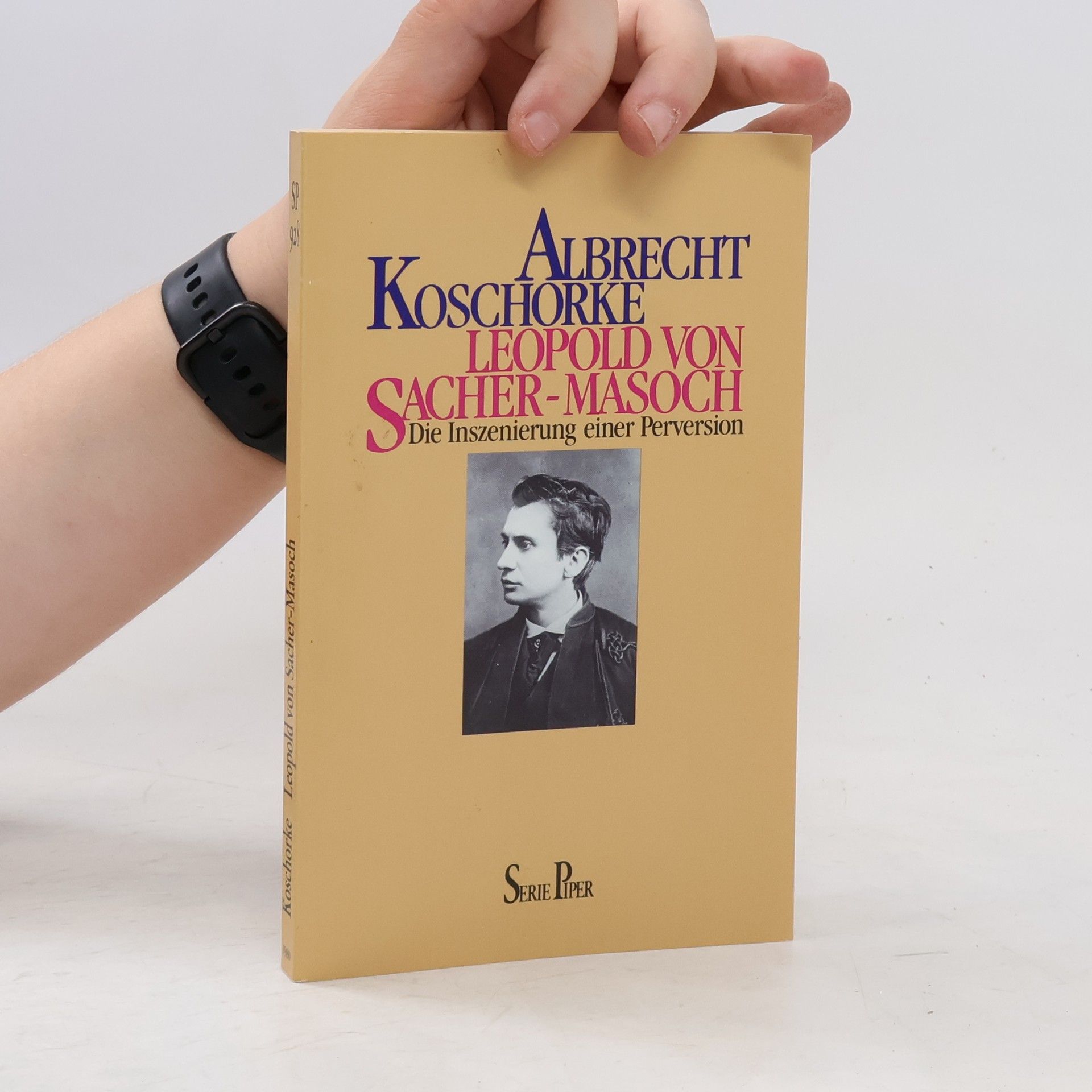Anfang 2016 wird Adolf Hitlers Mein Kampf im Rahmen einer wissenschaftlich kommentierten Edition zum ersten Mal seit Kriegsende wieder in Deutschland zu kaufen sein. Die Veröffentlichung bietet Anlass, aufs Neue den furchtbaren Erfolg der ›Bibel der Nazis‹ zu ergründen. Es ist nämlich keinesfalls klar, warum das politisch wirre, peinlich geifernde und eigentlich nicht ernstzunehmende Machwerk eine solche Wirkung erzielen konnte. Angesichts offensichtlicher inhaltlicher Absurditäten, die auch schon zu Zeiten der Originalveröffentlichung bemerkt wurden, nähert sich Albrecht Koschorke dem Buch mit literaturwissenschaftlichem Instrumentarium. Welche Erzählstrategien hat Hitler benutzt, welche Lesepraxis hat er angeregt? Und was hat es damit auf sich, dass das Buch trotz enormer Verbreitung, kaum gelesen wurde? Der literaturwissenschaftliche Blick enthüllt, dass es Hitler entgegen allem Anschein nicht in erster Linie um die fanatische Verbreitung einer Wahrheit ging, sondern darum, Anhänger wie Gegner zu einer Reaktion zu zwingen.
Albrecht Koschorke Book order (chronological)






Hegel und wir
- 200 pages
- 7 hours of reading
Welche Faktoren lassen eine kulturelle Großerzählung entstehen und wirkmächtig werden? Insbesondere die grandiose narrative Syntheseleistung, die Hegel mit seiner Geschichtsphilosophie gelingt, provoziert nach wie vor eine Antwort auf diese Frage. Und so ist es der große Epiker Hegel, der sich in das Gewand der philosophischen Systematik kleidet, den Albrecht Koschorke in den Mittelpunkt seiner Frankfurter Adorno-Vorlesungen stellt. In Hinsicht auf den nach 1806 finanziell ruinierten, territorial zersplitterten und auch politisch-kulturell fragmentierten Agrarstaat Preußen, um den sich das System des späteren Hegel zentriert, hat seine philosophische Erzählung einen eher kontrafaktischen als beschreibenden Charakter. Überhaupt ist die Erzeugung schöpferischer Gebilde, die sich dann als politische selbstständig machen, ein generelles Merkmal der Ära der Nationalmythologien – wohingegen symbolische Integration durch Erzählen unter heutigen postnationalen Vorzeichen nur in weit geringerem Ausmaß gelingt. Vor diesem Hintergrund geht es Koschorke nicht zuletzt um die Erzählbedingungen der europäischen Gegenwart. Er zeigt, warum es ein umschließendes, nach innen stark integrierendes Europa-Narrativ, wie es die Politik zumal in Zeiten der Eurokrise fordert, nicht gibt – und auch nicht geben sollte.
Wahrheit und Erfindung
- 480 pages
- 17 hours of reading
Über Kraft und Macht des Erzählens Überall wird von der prägenden Kraft der Erzählung gesprochen: in der Geschichtsschreibung, in Recht, Politik und Ökonomie. Erzählerisch werden Konfliktzonen vermessen, gesellschaftliche Institutionen begründet, Vergangenheiten und Zukünfte imaginiert. Insofern stellen kollektive Erzählungen ein wichtiges Medium der Selbststeuerung von Gesellschaften dar. Noch immer fehlt es aber an einer Erzähltheorie, die systematisch über ihren klassischen Geltungsbereich, die Literatur, hinausgeht. Das hier vorgelegte Buch zeigt Wege auf, um diese Lücke zu schließen. Es stellt den dichterischen Fiktionen nicht nur die Vielfalt unmittelbar mit der sozialen Praxis verflochtener Erzählweisen gegenüber, sondern fragt allgemeiner nach den kulturellen Transformationsregeln zwischen Wirklichkeit und Fiktion. Ein wichtiges Buch zu einem der Schlüsselbegriffe der Kulturwissenschaft.
Die Heilige Familie und ihre Folgen
- 240 pages
- 9 hours of reading
In seiner mittlerweile als Klassiker geltenden Studie zeichnet Albrecht Koschorke all die Folgen nach, die von einem Grundwiderspruch in der Bibel ausgehen: Die Heilige Familie wird dort als innige Gemeinschaft beschrieben, doch kontrastiert dieses Ideal mit den familienfeindlichen Zügen des Christentums. Wie dieser Widerspruch nun wissenschaftlich u.a. bei Freud, Marcuse, Girard gedeutet wird und sich bis zur heutigen Rolle der Väter auswirkt, das schildert Koschorke so gelehrt wie anschaulich und scharfsinnig.
Die Geschichte des Horizonts
- 438 pages
- 16 hours of reading